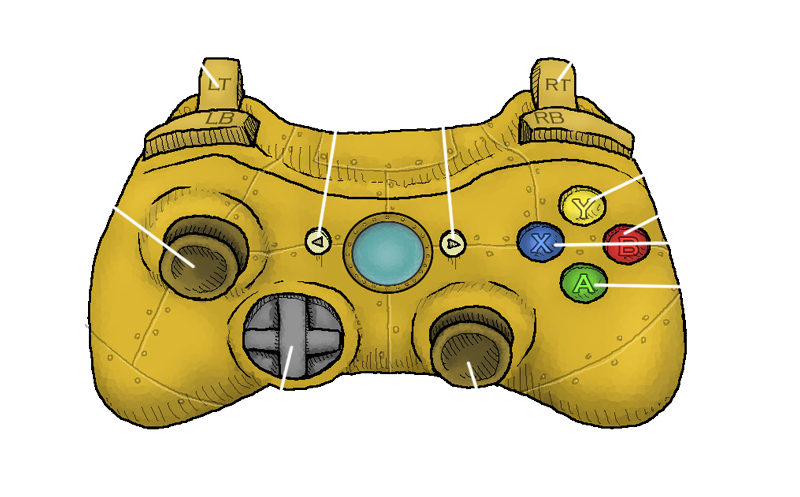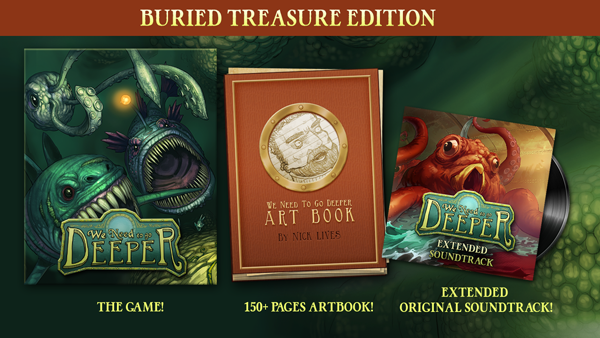

“You can’t just call Brian brilliant there has to be some kind of superlative that comes before it,” says Lori Bruce, who works with Earp at Yale.

candidate speaks thoughtfully with an almost melodic delivery, oozing kindness and empathy as he recounts his winding path from a small unincorporated town outside Seattle to unlikely love doctor, serving as assistant director of the Yale-Hastings Program in Ethics and Health Policy with an ethics research fellowship at Oxford as well. Now that we understand the neurochemistry, Earp says, we need to stop thinking of love “as a magical thing that happens in our hearts or souls when we meet ‘the right’ person.” People, he says, have the “power to exercise a certain amount of agency over whom and how we love.” Right now, few scientists are looking at the “relational consequences” of these drugs - some of which are being prescribed for individuals with post-traumatic stress disorder - on the user’s spouse, child or parent, Earp argues. Earp is leading the way for how we should approach that delicate moment, when mystery and myth collide with chemical reality.Įarp’s forthcoming book, Love Drugs: The Chemical Future of Relationships (written in collaboration with Oxford University ethicist Julian Savulescu), explores the ethical crossroads of lust, love and technology as we enter a renaissance for MDMA (aka ecstasy), psilocybin (magic mushrooms) and selective serotonin reuptake inhibitors (common antidepressants), all of which seem to have a “love potion” side effect.


What happens when real-life love potions are available on Aisle 5 at Walgreens? Yale University ethicist Brian Earp believes that day is not far off - and he’s not entirely for it.


 0 kommentar(er)
0 kommentar(er)
